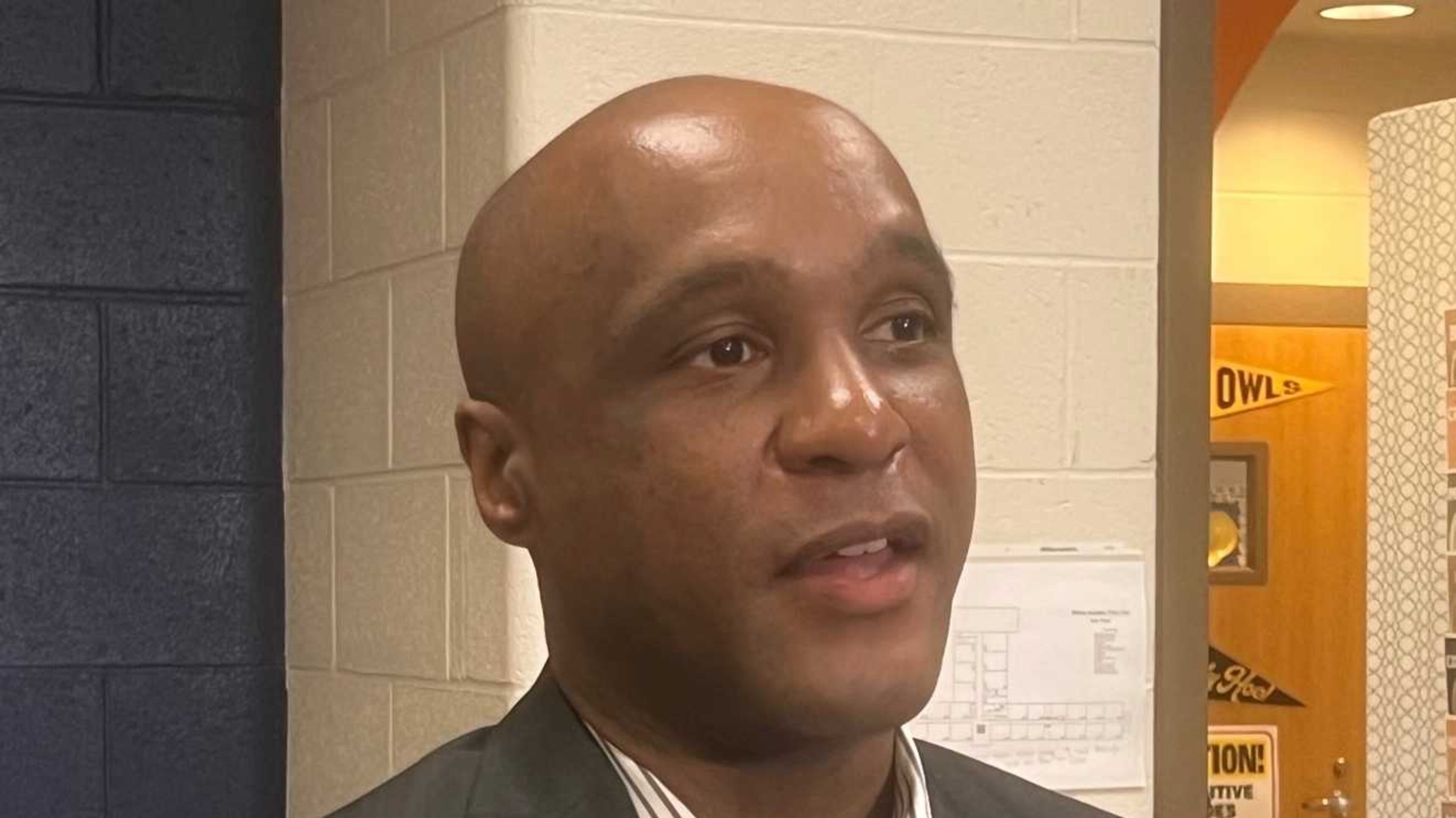Atlanta school system offers telehealth services to students

The nurse’s office isn’t typically a place at school that students rush to visit, but Bolton Academy school nurse Donna Coleman has noticed more kids coming to her door in recent months to seek help for stomach aches and other ailments.
She thinks it has something to do with the iPad in her office, where students can also talk to a nurse practitioner on the screen.
“They like that it’s interactive,” Coleman said, adding students sometimes enjoy discussing their ailments with someone else.
Atlanta’s school system partnered with California-based Hazel Health at the start of this school year to offer telehealth services at Bolton and each of its traditional schools. The school board recently approved a one-year contract, estimated to cost $523,500 to help pay for some of the services. In addition to treating students for pains and tummy aches, doctors or therapists talk to students on a separate iPad in another room at the school about mental health challenges, such as anxiety or depression.
By mid-February, there were 553 total visits, according to Atlanta Public Schools officials. District officials are hoping more students will use the services. APS invited reporters to Bolton on Wednesday morning to see how it works.
Parental consent is required for the counseling sessions, which students attend online. About 1,400 parents have consented to the services. Hazel Health bills families’ insurance providers for services they receive. School district officials have said students will not be turned away due to lack of insurance. Hazel Health does not bill families directly for any out-of-pocket expenses, APS officials said.
“This actually bridges health equity for our students. This is a service that’s available for every one of our traditional APS students to address their physical health as well as their mental health. It’s important for our parents to take advantage of this resource,” said Dr. Valencia Hildreth, the school district’s director of health services.

School districts locally and nationwide have scrambled to find ways to provide more mental health services to students. Georgia is far below recommended standards for the ratio of mental health providers to students on the K-12 and college level. Research has shown more students have felt isolated and in need of counseling since the coronavirus pandemic, highlighting the need for telehealth services, said Dr. Travis Gayles, Hazel Health’s chief health officer.
On average, it can take six months to a year for students to get counseling on their own, he said. Gayles is hoping students can be helped sooner through the partnership with APS.
“Our platform aims to be able to connect kids to those services faster so that we have an opportunity to triage what’s happening, see what’s happening and figure out how to connect them to available resources,” he told reporters.
APS officials also hope the mental and physical health services will keep more students healthy and attending classes. More than a third of APS students were chronically absent last school year, meaning they missed 10 or more class days. Health issues are one reason students miss school.



